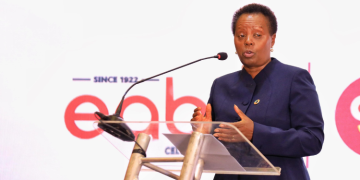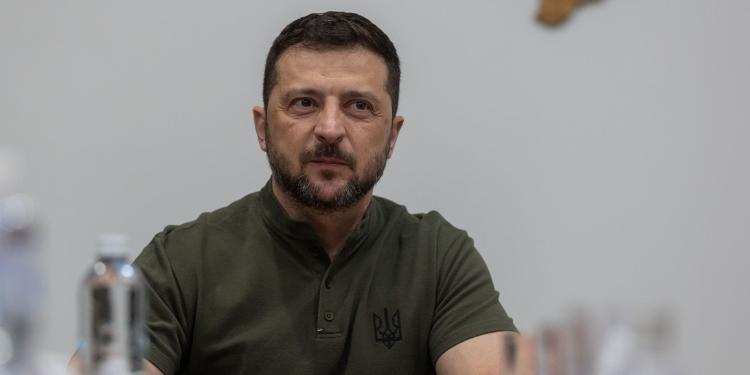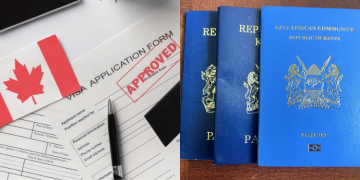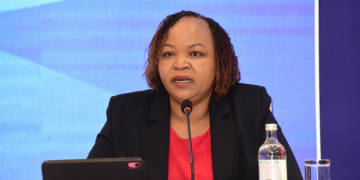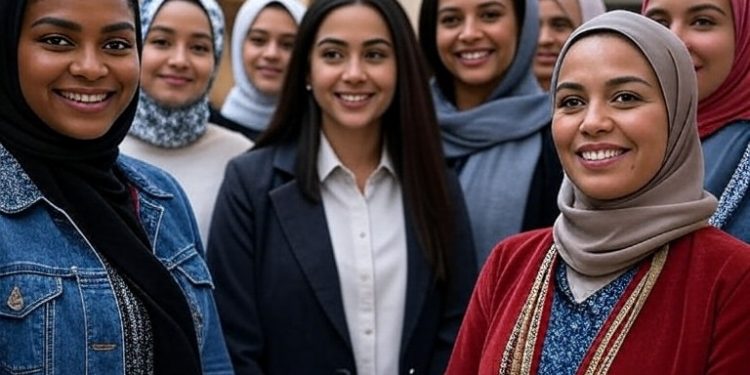Skill education for women in Egypt has a long history. The country and the United Nations have launched several initiatives to promote skill education for empowering women. The first Egyptian primary school for girls was established in 1873, which was called “Madrasat As-Síyufîa” and included domestic skills, comprising drawing, needlework, and cooking in its curriculum.
Skill education for women in Egypt is rising through various initiatives focused on empowering women and girls with the skills needed for the modern workforce and for community development.
These efforts involve partnerships between the government, the private sector, and international organizations aimed at improving women’s participation in the labor market, enhancing their economic independence, and promoting gender equality.
In particular, the UN Women Egypt has made significant contributions to women’s economic empowerment and to eliminating all kinds of violence against women and girls.
UN Women supports the Arab Republic of Egypt’s Vision 2030 and the National Strategy for the Empowerment of Egyptian Women (2030).
Similarly, UNICEF has a particular focus on promoting three types of skills among women, including foundational skills that consist of literacy, numeracy, and digital literacy.
Secondly, transferable skills include critical thinking and problem-solving skills. Thirdly, technical and vocational skills are associated with one or more occupations.
UNESCO Cairo implements initiatives to eliminate gender disparities in education, with a particular focus on girls’ and women’s education and skills development.
Access to education in Egypt
The dual TVET system has significant contributions in providing practical training with a particular focus on the provision of quality education to women in Egypt.
Programs address the importance of the needed skills, keeping in view the modern job market that includes digital skills, entrepreneurship, and financial literacy.
Also Read: Why Women in Africa Need Higher Education Empowerment
Efforts are made to ensure that vocational education and training are important for women and people with special needs.
Skill education has a particular focus on increasing women’s participation in the labor market and fostering their economic independence.
Misr El Kheir Foundation, Egypt, received the UNESCO Prize for Girls’ and Women’s Education to further support girls’ education, particularly in remote villages, by establishing community schools and integrating technology for digital skills development.
Challenges & Opportunities:
Some vocational training programs have been reported with low unemployment rates for graduates, particularly in industrial and agricultural fields that need to be well addressed for enhancing women’s contributions in these fields.
There is a need to incorporate further women-friendly educational practices to ensure equal opportunities for both genders.
Also Read: Transforming African Education System with 21st Century Skills
Vocational training centers may lack the necessary equipment and qualified instructors to provide high-quality training.
The Way Forward:
The value of skill-based education needs to be further promoted for women through community outreach and educational campaigns.
Investment may be increased in infrastructure development, particularly in rural areas, to ensure that women have access to quality education and vocational training.
In addition, scholarships, grants, and other forms of financial assistance need to be further enhanced to guarantee the quality of skill education for women.
This will further ensure that vocational training programs are relevant to the needs of the labor market to provide women with the skills they need to succeed.
Follow our WhatsApp Channel and X Account for real-time news updates.

